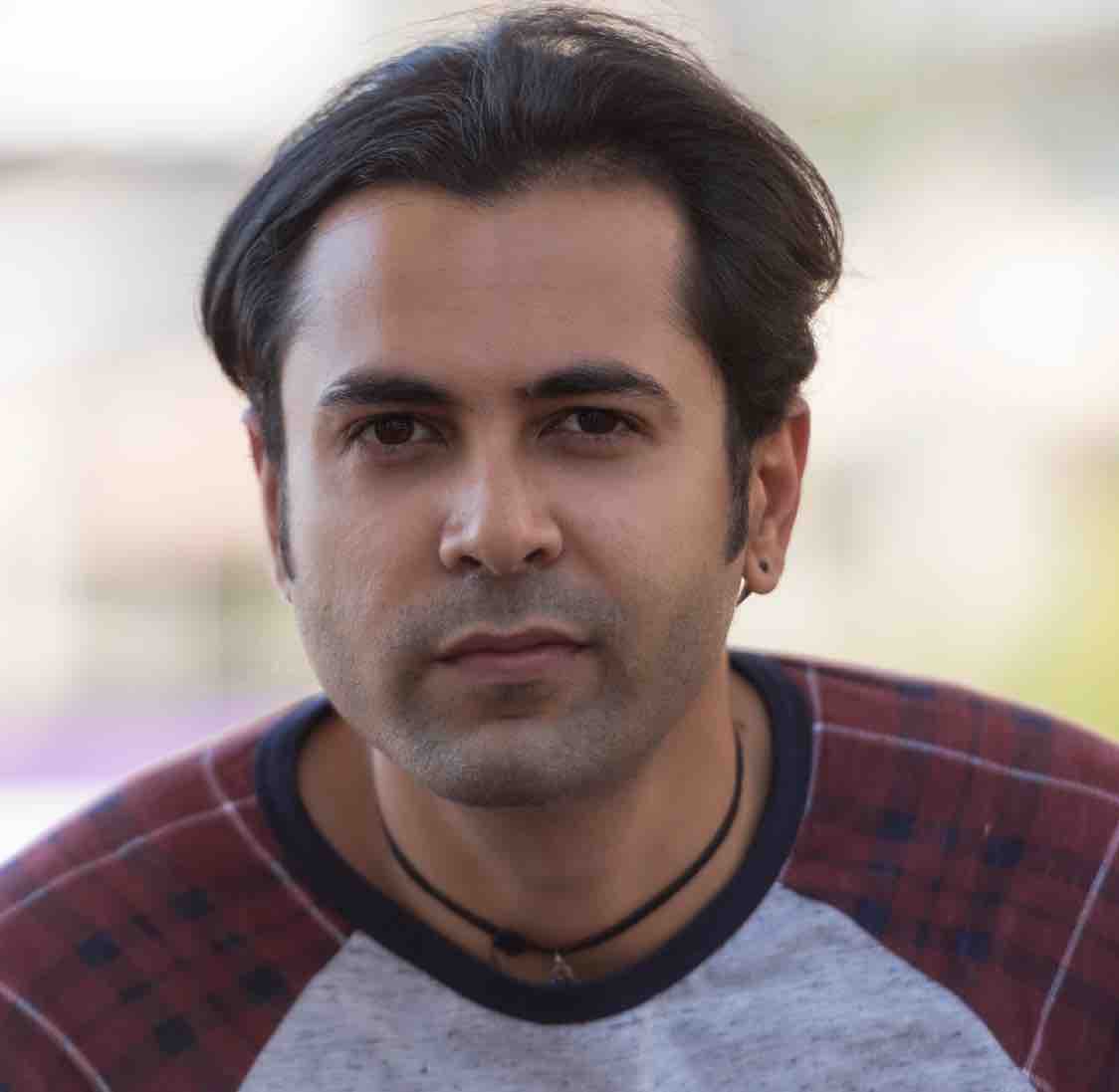
Elon Musk, the tech titan behind Tesla and SpaceX, shared compelling insights about artificial intelligence (AI) at the Abundance 360 summit. Musk highlighted the double-edged nature of AI, discussing potential risks as well than the significant progress it promises.
Summary: In a high-profile appearance at the Abundance 360 Summit, Elon Musk delved into the complexities of artificial intelligence, emphasizing the need to advance cautiously in this area. The Tesla CEO highlighted the unpredictability of AI evolution and advocated for robust regulations. With the rapid evolution of advanced technologies, experts anticipate a transformative future. Musk’s stance on AI security remains strict as his company xAI prepares to launch its latest AI chatbot, Grok-1.5, which aligns with his vision of truth-centered AI algorithms.
Musk highlighted the difficulty of predicting the trajectory of AI, especially with the rapid pace of progress toward what he calls “superintelligence.” Contrary to his previous alarming statements about AI, during this seminar, Musk noted that despite a relatively low probability of AI becoming a threat – which he estimated at between 10 and 20% – the benefits it brings remain considerable.
At a time when futuristic technologies are evolving at a breakneck pace, Musk further stated his belief that by the end of the decade, AI could eclipse human cognitive abilities. He compared creating superintelligent AI to raising a child prodigy, emphasizing the importance of imbuing AI with a fundamental foundation of authenticity and curiosity.
In light of these considerations, Musk warned of the dangers of deceptive AI systems. His belief that AI must be fundamentally honest reflects his broader concern about the potential risks posed by uncontrolled AI development.
This discussion comes as Musk’s AI company, xAI, prepares to launch its new Grok-1.5 chatbot to screen users, demonstrating the pace of AI innovation under Musk’s leadership. Previously, Musk has been confrontational regarding AI developments, as evidenced by his recent legal challenge to OpenAI, which he accused of deviating from his initial nonprofit philosophy.
Indeed, Musk’s ideas on AI appear to be grounded in caution, consideration of societal well-being, and a call for global standards. As the tech community eagerly awaits the benefits, Musk’s voice serves as a reminder of the heavy responsibility that comes with using such powerful technology.
AI Industry Overview
Artificial intelligence has become one of the most revolutionary and rapidly evolving industries in the modern technology landscape. Industries from healthcare to automotive, finance and customer service are all leveraging AI to improve efficiency, innovation and decision-making. The global AI market shows no signs of slowing down. Market Forecast suggest that by 2025, the AI industry could be worth more than $100 billion, as more sectors look to integrate AI to solve complex challenges and automate tasks.
Market forecast and growth potential
The growth potential of AI and machine learning is enormous. With the advent of more sophisticated technologies, such as natural language processing and deep learning, businesses and consumers are finding new ways to integrate AI into everyday life. Predictive analytics, for example, is enabling industries to make informed decisions through data analysis at an unprecedented pace. Autonomous vehicles, which rely heavily on AI and machine learning, are expected to be a major market in the future, potentially revolutionizing transportation as we know it.
Key questions and challenges
However, this rapid growth is accompanied by a set of issues and challenges. Regulation and oversight lag behind the pace of technology development, prompting experts like Musk to call for comprehensive regulation of AI. Ethical concerns about privacy, bias, and job displacement are increasing as algorithms become more integrated into societal functions. Additionally, even as AI systems become increasingly complex and capable, they are also becoming more difficult to understand and control, leading to an increased risk of unintended consequences.
As AI continues to develop and become more integrated into various industries, maintaining a balance between innovation and ethical considerations will be essential. Calls for clear, thoughtful regulation and an ethical framework suggest that the future of AI will not only be shaped by technological capabilities, but also by our ability to govern its use responsibly.
To keep up to date with broader developments in the sector, you can refer to some of the leading organizations and information centers that cover AI technology and its implications, such as the AI Research Community. American Association for Artificial Intelligence (AAAI) or leading market research companies like Gartner.
Elon Musk’s cautious but optimistic outlook provides a valuable perspective in the ongoing debate about the future of AI. His call for truth-centered algorithms reflects the growing consensus that as AI becomes increasingly integrated into the social fabric, ensuring its safe and honest application is essential for well-being of the society.

Michał Rogucki is a pioneer in the field of renewable energy, particularly known for his work on solar energy innovations. Its research and development efforts have significantly improved the efficiency and durability of solar panels. Rogucki’s commitment to green energy solutions is also evident in his advocacy for the integration of renewable sources into national power grids. His groundbreaking work not only contributes to the scientific community, but also plays a crucial role in promoting environmental sustainability and energy independence. Rogucki’s influence extends beyond academia, impacting industrial practices and public policies regarding renewable energy.


